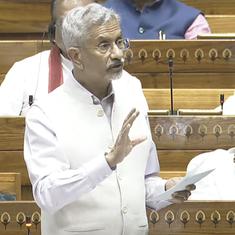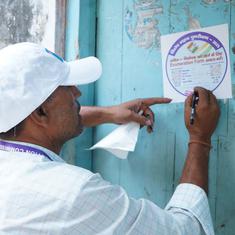Canada shuts down fast-track visa application process for international students
Students from 14 countries, including India, could apply under the scheme, which ended on November 8.

The Canadian government on Friday ended its Student Direct Stream scheme, which was a fast-track study permit process that helped international students secure visas quickly.
The link to the scheme on the Government of Canada website said that it was closed and that the last day to apply was November 8.
The Student Direct Stream scheme was introduced in 2018 by Canada’s Immigration, Refugees and Citizenship Department to streamline the visa application process for students from 14 countries, including India and China, who met specific criteria.
Successful applicants of the scheme could obtain study permits in a few weeks, while the processing time under the standard route often stretched to around eight weeks for applicants from India.
The termination comes amid concerns that the rising numbers of international students are straining the capacity of educational institutions to adequately support and integrate them. It also comes amid anti-immigrant sentiments, worsened by economic struggles like housing and job shortages.
Over the past year, the Canadian government has announced changes to the international student programme – most notably, a two-year cap on international student permit applications.
Other measures included tougher language and academic benchmarks for students seeking the Post-Graduation Work Permit, limited work permits for spouses of international students and increased financial proof requirements, The Indian Express reported.
Additionally, the Canadian government in October announced that it was making significant cuts to the number of immigrants admitted into the country.
The number of new permanent residents was expected to be cut by nearly 20% next year, while fewer temporary foreign workers would be allowed to come to Canada.
The government said the cuts would result in a 0.2% decline in Canada’s population and alleviate “pressures on housing, infrastructure and social services.”









